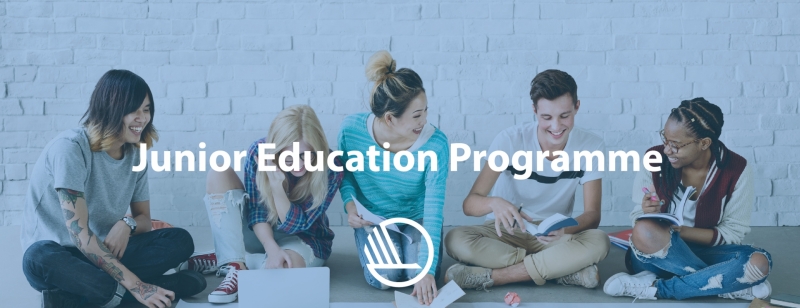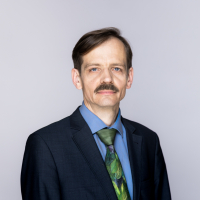Junior education programme is intended for preschool education institutions, primary and secondary schools. It provides the opportunity to implement school field trips with peers, practices for pupils, teacher mobilities and exchanges and other activities that improve the quality of education, developes intercultural dialogue and promotes learning the languages of Nordic countries and Baltic States.
Programme:
- strengthens and develops cooperation and creates networks of pre-schools, primary and secondary schools (general or vocational);
- promotes the development of quality, creativity and innovations in educational fields;
- "Education for everyone" - advocates for equal opportunities in education;
- developing cooperation between representatives and institutions of Nordic education and promoting the creation of a common Nordic and Baltic education area;
- strengthens the understanding of the languages and cultures of the Nordic and Baltic States;
- strengthens the link between school education and working life.
Programme's target audience
Preschool, primary, secondary and vocational education school:
- pupils/students;
- teachers/tutors;
- administration staff.
Only education institutions can apply for the programme.
Activities of the programme
Nordplus Junior programme has three types of activities: mobilities, projects and networks.
1. Mobilities
- mobility of classes (from 1 up to 3 weeks);
- mobility of pupils in secondary education and apprenticeship of vocational education students (from 1 week up to 1 year);
- mobility of teachers and other pedagogical staff (from 1 week up to 1 year);
- mobility in the form of preparatory visits (up to 5 days).
2. Projects
- administrative meetings for planning and implementation of project activities;
- development projects and other activities that are focused on the development of pedagogical and didactic techniques.
3. Networks
- administrative meetings for the establishment and development of a network of schools;
- public information activities and dissemination of project results.
Project applicant and partners
An application for participation in the programme shall be submitted by one of the educational institutions which shall take on the coordinating role when applying for the funding of the programme. The responsibility of the coordinator for the duration of the contract will be to monitor the use of the activities and the funding allocated.
- At least one partner - educational institution from another member state of the programme - must be enlisted for the mobilities;
- At least two partners - education institutions from different member states of the programme - must be enlisted for projects and networks.
All cooperation activities should be based on an agreement between the educational institutions of the member states of the programme.
Funding of the programme
The funding is allocated for:
- mobility costs of 100%, including travel costs for pupils and teachers, and subsistence costs for teachers;
- networks and projects - a fixed amount for the costs of managing, implementing and disseminating the results of the project (3000 euros for the coordinator and 1000 euros per partner), as well as travel and subsistence costs at the rates determined by the programme.
Project preparation
Nordplus projects can be submitted in electronic form using Nordplus project application and reporting management tool Espresso. Instructions for use of the Espresso have been prepared for user comfort (it's meant for Junior programme, but it can also be used by project applicants in other programmes):
For project applications submitted for the implementation of projects or networking activities, the application should be accompanied by a project budget for which Nordplus budget form is recommended.
Administrating
Nordplus Junior education programme is administrated by The Swedish Council for Higher Education (UHR).





